African Union
The African Union's Continental AI Strategy sets the stage for a unified approach to AI governance across the continent.

Artificial intelligence (AI) has made enormous strides in recent years and has increasingly moved into the public consciousness.
Explore Trendscape Our take on the interconnected global trends that are shaping the business climate for our clients.
Increases in computational power, coupled with advances in machine learning, have fueled the rapid rise of AI. This has brought enormous opportunities, as new AI applications have given rise to new ways of doing business. It has also brought potential risks, from unintended impacts on individuals (e.g., AI errors harming an individual's credit score or public reputation) to the risk of misuse of AI by malicious third parties (e.g., by manipulating AI systems to produce inaccurate or misleading output, or by using AI to create deepfakes).
Governments and regulatory bodies around the world have had to act quickly to try to ensure that their regulatory frameworks do not become obsolete. In addition, international organizations such as the G7, the UN, the Council of Europe and the OECD have responded to this technological shift by issuing their own AI frameworks. But they are all scrambling to stay abreast of technological developments, and already there are signs that emerging efforts to regulate AI will struggle to keep pace. In an effort to introduce some degree of international consensus, the UK government organized the first global AI Safety Summit in November 2023, with the aim of encouraging the safe and responsible development of AI around the world.
Most jurisdictions have sought to strike a balance between encouraging AI innovation and investment, while at the same time attempting to create rules to protect against possible harms. However, jurisdictions around the world have taken substantially different approaches to achieving these goals, which has in turn increased the risk that businesses face from a fragmented and inconsistent AI regulatory environment. Nevertheless, certain trends are becoming clearer at this stage:
Businesses in almost all sectors need to keep a close eye on these developments to ensure that they are aware of the AI regulations and forthcoming trends, in order to identify new opportunities and new potential business risks. But even at this early stage, the inconsistent approaches each jurisdiction has taken to the core questions of how to regulate AI is clear. As a result, it appears that international businesses may face substantially different AI regulatory compliance challenges in different parts of the world. To that end, this AI Tracker is designed to provide businesses with an understanding of the state of play of AI regulations in the core markets in which they operate. It provides analysis of the approach that each jurisdiction has taken to AI regulation and provides helpful commentary on the likely direction of travel.
Because global AI regulations remain in a constant state of flux, this AI Tracker will develop over time, adding updates and new jurisdictions when appropriate. Stay tuned, as we continue to provide insights to help businesses navigate these ever-evolving issues.
The African Union's Continental AI Strategy sets the stage for a unified approach to AI governance across the continent.
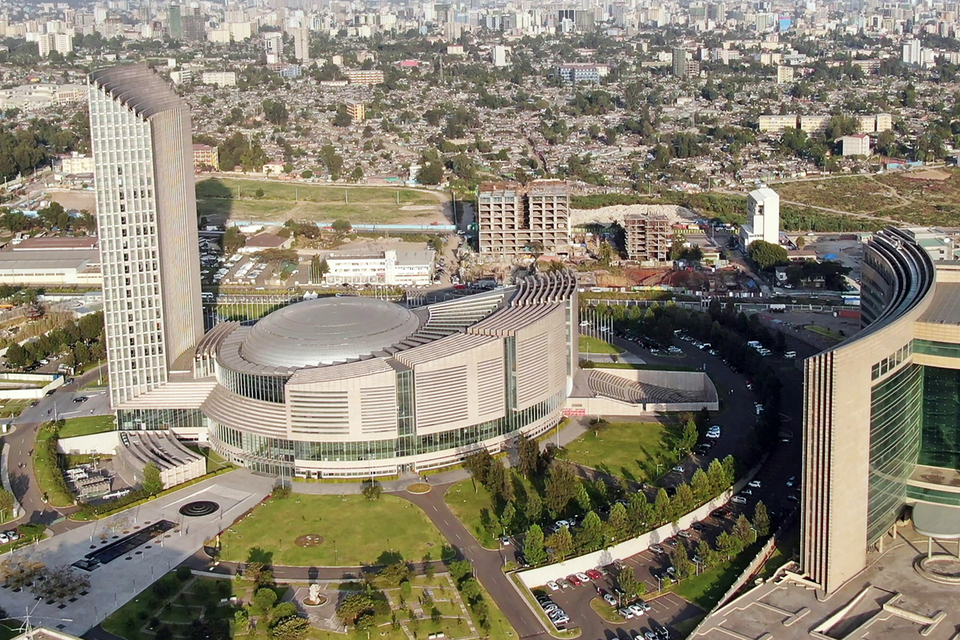
Voluntary AI Ethics Principles guide responsible AI development in Australia, with potential reforms under consideration.

The enactment of Brazil's proposed AI Regulation remains uncertain with compliance requirements pending review.

AIDA expected to regulate AI at the federal level in Canada but provincial legislatures have yet to be introduced.

The Interim AI Measures is China's first specific, administrative regulation on the management of generative AI services.

The Council of Europe is developing a new Convention on AI to safeguard human rights, democracy, and the rule of law in the digital space covering governance, accountability and risk assessment.
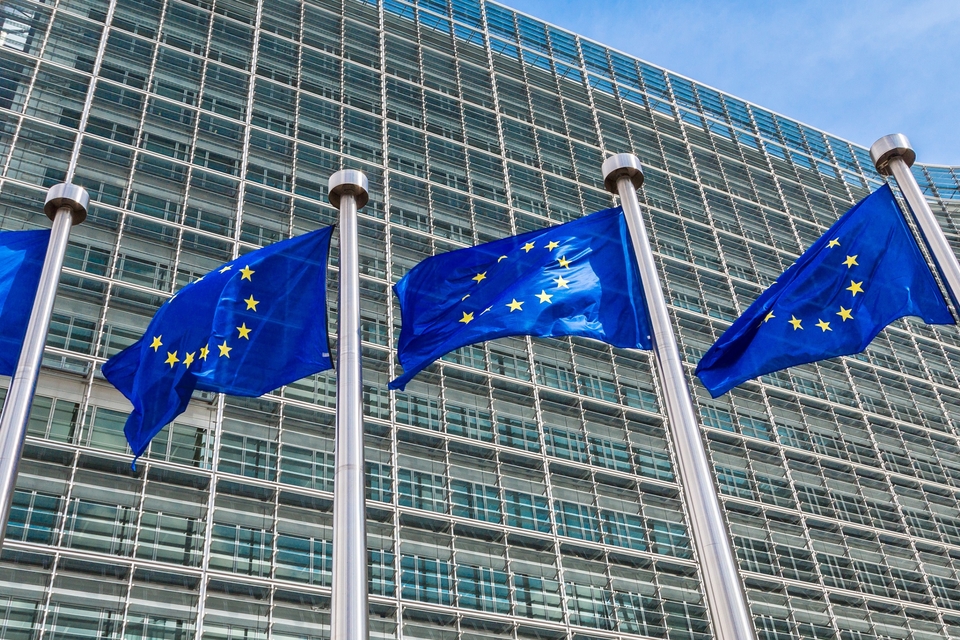
The successful implementation of the EU AI Act into national law is the primary focus for the Czech Republic, with its National AI Strategy being the main policy document.

The EU introduces the pioneering EU AI Act, aiming to become a global hub for human-centric, trustworthy AI.
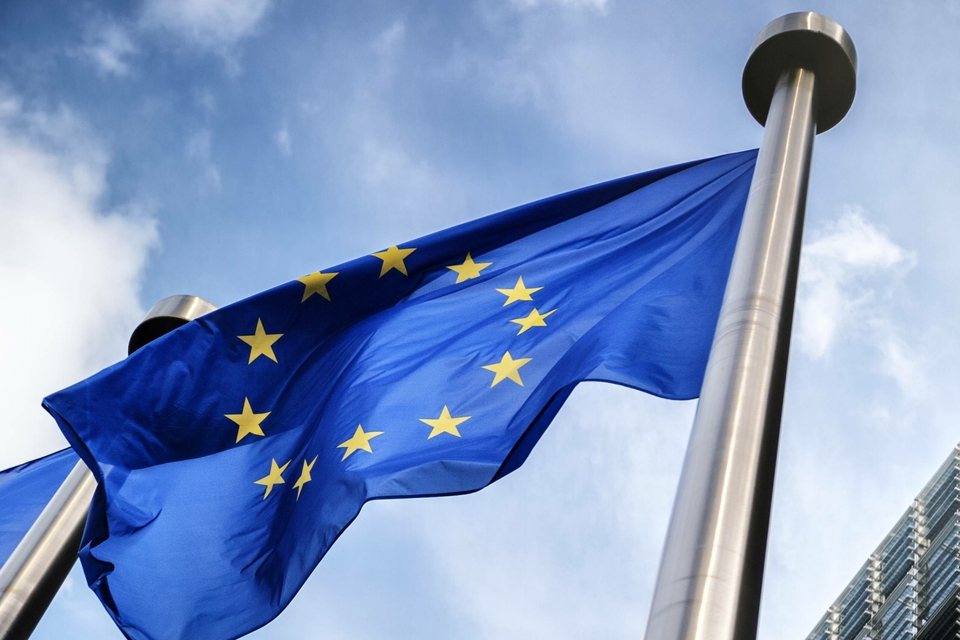
France actively participates in international efforts and proposes sector-specific laws.

The G7's AI regulations mandate Member States' compliance with international human rights law and relevant international frameworks.
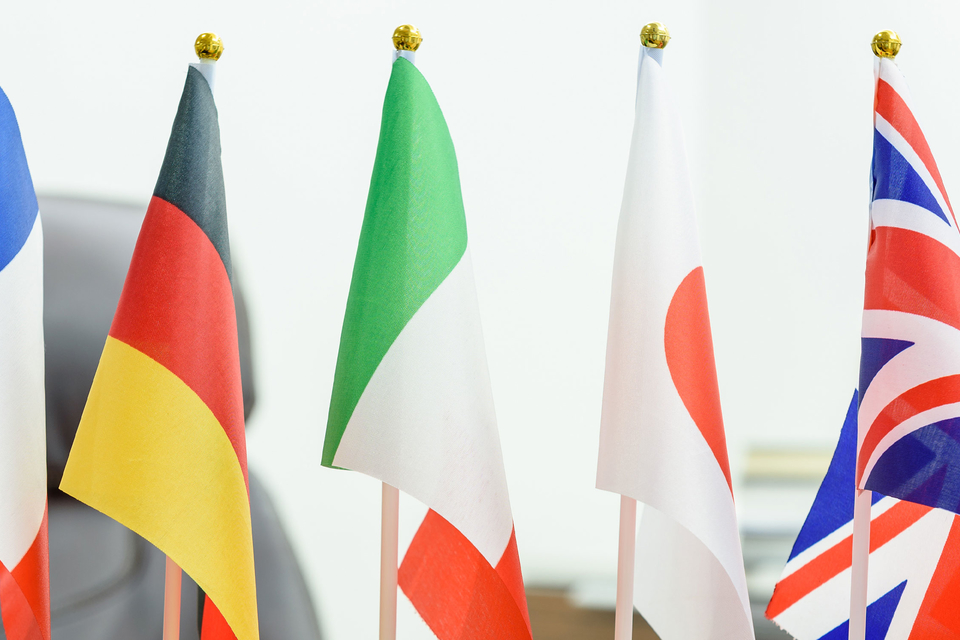
Germany evaluates AI-specific legislation needs and actively engages in international initiatives.

National frameworks inform India’s approach to AI regulation, with sector-specific initiatives in finance and health sectors.

Israel promotes responsible AI innovation through policy and sector-specific guidelines to address core issues and ethical principles.


Japan adopts a soft law approach to AI governance but lawmakers advance proposal for a hard law approach for certain harms.

Kenya's National AI Strategy and Code of Practice expected to set foundation of AI regulation once finalized.

Nigeria's draft National AI Policy underway and will pave the way for a comprehensive national AI strategy.

Position paper informs Norwegian approach to AI, with sector-specific legislative amendments to regulate developments in AI.

The OECD's AI recommendations encourage Member States to uphold principles of trustworthy AI.
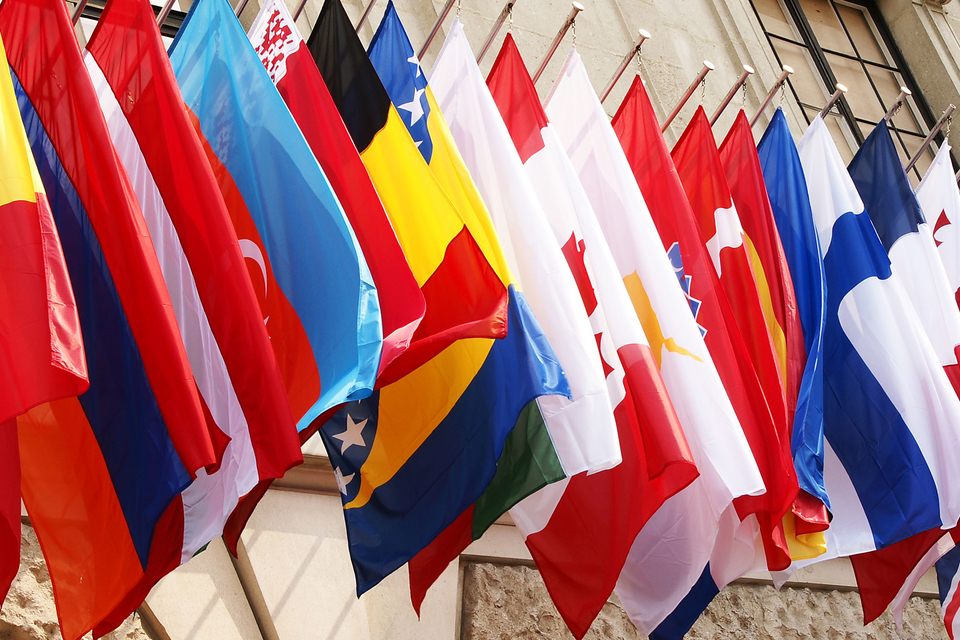
Saudi Arabia is yet to enact AI Regulations, relying on guidelines to establish practice standards and general principles.

Singapore's AI frameworks guide AI ethical and governance principles, with existing sector-specific regulations addressing AI risks.

South Africa is yet to announce any AI regulation proposals but is in the process of obtaining inputs for a draft National AI plan.

South Korea's AI Act to act as a consolidated body of law governing AI once approved by the National Assembly.

Spain creates Europe's first AI supervisory agency and actively participates in EU AI Act negotiations.

Switzerland's National AI Strategy sets out guidelines for the use of AI, and aims to finalize an AI regulatory proposal in 2025.

Draft laws and guidelines are under consideration in Taiwan, with sector-specific initiatives already in place.

Turkey has published multiple guidelines on the use of AI in various sectors, with a bill for AI regulation now in the legislative process.

Mainland UAE has published an array of decrees and guidelines regarding regulation of AI, while the ADGM and DIFC free zones each rely on amendments to existing data protection laws to regulate AI.

The UK prioritizes a flexible framework over comprehensive regulation and emphasizes sector-specific laws.

The UN's new draft resolution on AI encourages Member States to implement national regulatory and governance approaches for a global consensus on safe, secure and trustworthy AI systems.
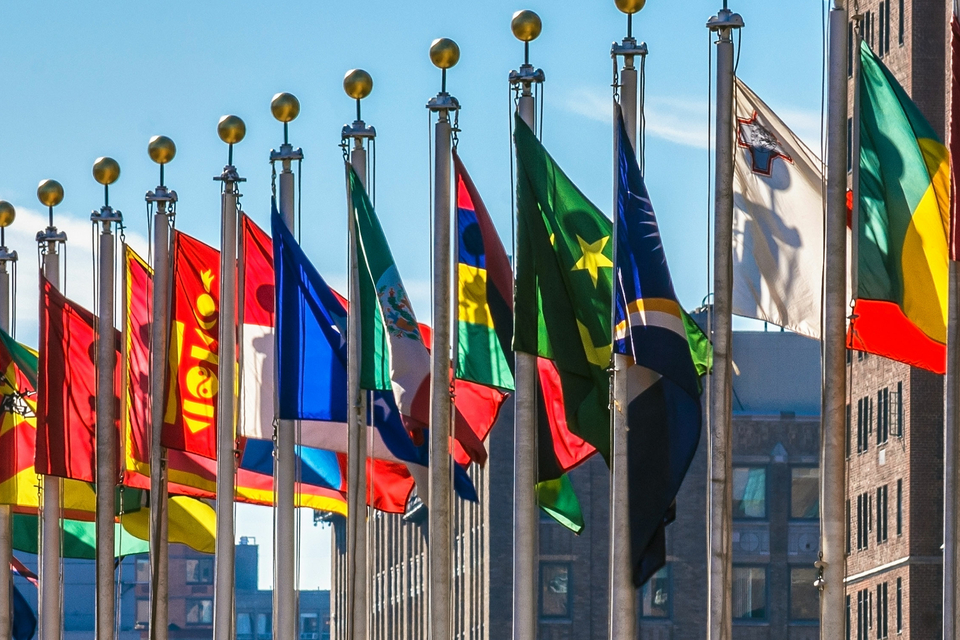
The US relies on existing federal laws and guidelines to regulate AI but aims to introduce AI legislation and a federal regulation authority.


Israel promotes responsible AI innovation through policy and sector-specific guidelines to address core issues and ethical principles.
Currently, there are no specific codified laws, statutory rules or regulations in Israel that directly regulate AI.
AI Policy: Israel's Ministry of Innovation, Science and Technology ("MIST"), in collaboration with the Ministry of Justice ("MOJ"), published: (i) a White Paper on AI in 2022; and (ii) following public consultations, its first policy on "Artificial Intelligence Regulations and Ethics" in 2023 (the "AI Policy") (at the time of writing, a full English translation is yet to be published).
The AI Policy encourages "responsible AI innovation in the private sector"1 through a principled-based, sector-specific regulatory approach using 'soft' tools, such as non-binding ethical principles and voluntary standards. While sector-specific regulation is intended to promote flexibility, the AI Policy also allows for the potential adoption of horizontal legislation if common challenges across sectors arise.
According to the AI Policy, the Israeli government's policy on public sector applications of AI is being developed separately.
Other AI-related Developments: The AI Policy forms part of a wider effort by the Israeli government to address the benefits and risks of AI, which include:
On September 5, 2024, the Council of Europe’s Framework Convention4 on AI was signed by Andorra, Georgia, Iceland, Norway, the Republic of Moldova, San Marino, the United Kingdom, Israel5, the United States, and the European Union. The treaty will enter into force on the first day of the month following three months after five signatories, including at least three Council of Europe Member States, have ratified it. Countries from all over the world will be eligible to join and commit to its provisions.
As noted above, there are currently no other specific laws or regulations in Israel that directly regulate AI.
There are various laws that do not directly seek to regulate AI, but may affect the development or use of AI in Israel. A non-exhaustive list of key examples includes:
Although not legally binding, various opinions have also been published on the aforementioned areas:
As noted above, there are currently no specific laws in Israel that directly regulate AI. As such, there is no single legally recognized definition of "AI" in Israel. Nevertheless, the AI Policy describes "AI systems" as having "a wide range of applications such as autonomous vehicles, medical imaging analysis, credit scoring, securities trading, personalized learning and employment," notwithstanding that "the list of applications is constantly expanding."10
As noted above, there are currently no specific laws or regulations in Israel that directly regulate AI. In addition, the AI Policy does not specify a territorial scope.
As noted above, there are currently no specific laws or regulations in Israel that directly regulate AI.
The AI Policy directs its guidelines and recommendations to sector-specific regulators for AI regulation in areas such as health, education, finance, and more, as it advocates for tailored sectoral regulations instead of broad horizontal legislation.11
While there are overarching recommendations in the AI Policy to foster cooperation between the public and private sectors, the Israeli government's policy on public sector applications of AI is stated as being developed separately.
As noted above, there are currently no specific laws or regulations in Israel that directly regulate AI. Accordingly, there are currently no specific or unique obligations imposed on developers, users, operators and/or deployers of AI systems.
Nevertheless, the AI Policy urges sectoral regulators to determine suitable regulations for developers, users, operators and deployers of AI systems, including micro to medium enterprises. These actors should anticipate regulatory changes (whether legally binding or voluntary) based on the policy's recommendations.
As noted above, there are currently no specific laws or regulations in Israel that directly regulate AI. Nevertheless, the AI Policy identifies seven core challenges:
As noted above, there are currently no specific laws or regulations in Israel that directly regulate AI. AI is also not generally classified according to risk in the relevant frameworks and principles.
Nevertheless, in line with the approach taken by the OECD AI Recommendations, the AI Policy recommends adopting a risk-based approach through a risk assessment undertaken by the appropriate sector-specific regulator. Such an undertaking should take into account the type of technology, potential benefits and mitigation measures in the context of that specific use. It remains to be seen what categories of risk will be incorporated into this proposed risk assessment.
As noted above, there are currently no specific laws or regulations in Israel that directly regulate AI.
Nevertheless, the AI Policy proposes the adoption of a common set of ethical AI principles to achieve responsible innovation, which are largely based upon the OECD AI Principles:
It is important to note that the AI Policy states that these principles are not legally binding on regulators or organizations and that they do not constitute a tool for legal interpretation.
Currently, there is no AI-specific regulator in Israel. The MIST is the executive agency for national AI-related strategies and appears to work in close collaboration with the MOJ. The AI Policy encourages the applicable sector-specific regulator(s) to assess the need for any regulation for the development and use of AI.
As noted above, there are currently no specific laws or regulations in Israel that directly regulate AI. As such, enforcement and penalties relating to the creation, dissemination and/or use of AI are currently governed by related violations in non-AI legislation.
1 See the AI Policy (English Summary Version) at pg. 2.
2 See a report published by the Office of Legal Counsel and Legislative Affairs at the MOJ in 2022 (in Hebrew).
3 An opinion published by the MOJ on 18 December 2022. This opinion is further discussed below.
4 See Convention text here.
5 See Government press release here.
6 Copyright Act, 2007 (as amended on July 28, 2011), Israel.
7 Protection of Privacy Law, 5741 – 1981.
8 The opinion published by the MOJ on December 18, 2022 is available here. To summarize, the opinion concluded that apart from exceptional cases, the use of copyrighted materials for machine learning purposes as it applies to the learning process itself (rather than the output of machine-learning based systems) is generally permitted.
9 From third-party articles, we understand that the opinion by the Israeli privacy regulator, published on July 31, 2022 (see article here), clarifies that the collection and use of personal data using algorithm or AI-based decision-making systems must fully conform with notification obligations and recommends that the notifications include a description of the systems, the way they operate and the source of data processed.
10 See the AI Policy (English Summary Version) at pg. 2.
11 See the AI Policy (English Summary Version) at pg. 2.
12 The AI Policy does, however, note that consideration must be given to responsibility in the respective roles between a human and an AI system which requires "legal and regulatory certainty" (see the AI Policy (English Summary Version) at pg. 4, link here).
13 The AI Policy notes that "additional regulatory intervention is justified" in relation to this challenge (see the AI Policy (English Summary Version) at pg. 5).
14 The AI Policy notes that this challenge calls for, on a case-by-case basis, internal governance structures and risk assessments within organizations and AI companies across regulated sectors.
15 The AI Policy notes that existing privacy regulations require elaboration to address privacy concerns in the development and use of AI systems.
White & Case means the international legal practice comprising White & Case LLP, a New York State registered limited liability partnership, White & Case LLP, a limited liability partnership incorporated under English law and all other affiliated partnerships, companies and entities.
This article is prepared for the general information of interested persons. It is not, and does not attempt to be, comprehensive in nature. Due to the general nature of its content, it should not be regarded as legal advice.
© 2024 White & Case LLP
Netta Shaked-Stadler
Partner, Gornitzky
+972 54 490 3742
nettas@gornitzky.com
Ziv Rotenberg
Partner, Gornitzky
+972 54 994 9850
zivr@gornitzky.com
Assaf Harel
Partner, Gornitzky
+972 54 254 2106
assafh@gornitzky.com